How is AI impacting modern HR functions?
Table of contents
Carlsberg turned to AI to develop new beers and improve quality control.
Coca-Cola experimented with AI and created Cherry Sprite.
Starbucks incorporated AI into its rewards accounts.
With almost every industry joining the AI bandwagon, game-changing AI technology seems to attain an omnipresent status, even in HR.
Introduction of AI in different aspects of business
AI seems to have profoundly impacted all aspects of business, including marketing, finance, accounting, human resources, supply chains, and data analytics.
For example, in marketing, AI chatbots can help solve customers’ problems, suggest products or services, and even support sales. In the financial sector, AI tools help detect fraudulent activity. In the accounting sector, AI technology is altering the role of accountants by recording, analyzing, summarizing, and reporting every business transaction.
The human resources department uses AI to simplify candidate screening and recruitment. Chatbots can answer many commonly asked questions about a company’s mission, policies, and benefits. If you haven’t considered the power of AI in your HR department, now’s the time to learn more.
Top 6 use cases of AI in HR
In this article, we highlight six use cases of AI-based technology in HR. We also consider success stories as we analyze how the implementation of AI in HR has benefited various businesses.
Predict employee attrition
Research by SHRM suggests employee replacement costs and overall employee turnover costs can range anywhere from 90% to 200% of an employee’s annual salary. However, with AI technology, historical data can be analyzed to understand patterns — job satisfaction, absenteeism, behavioral intent — to predict future employee movement. Thereby, HR leaders can predict employee attrition and spot people looking to change their jobs and take preventive moves to avoid major financial losses.
IBM uses an AI-based system that can predict which employees will leave their job with 95% accuracy, and this system has reportedly already saved them $300 million.
Automate the recruitment process
AI-based recruitment has made hiring faster, easier, and less stressful. It significantly reduces admin-related recruitment activities, time, and costs by scoring and filtering CVs, scheduling interviews, and sending candidates automated email updates. Worldwide, organizations have reaped the benefits of AI recruitment software, lowering their cost-per-hire by nearly 30%.
Cosmetic giant L’Oréal adopted AI technology in its hiring process to fill new positions and battle recruitment challenges. According to one report, Global VP of L’Oréal’s human resources department Eva Azoulay said that “AI solutions were — for us — the best way to go faster on these (hiring) challenges.”
Monitor employee well-being
The World Economic Forum reports that by 2030, the global costs of mental health problems will total over $6 trillion. Simultaneously, the American Psychological Association reports that the workplace is the third-leading cause of stress nationally (in the United States). It shouldn’t come as a surprise that maintaining employee well-being in the workplace will directly impact retainment costs and productivity.
Cogito, a Boston-based software company, uses an AI-enabled tool in their HR department to monitor and analyze employee behavior and emotions. This tool assists in identifying mental disorders such as anxiety and despair. The built-in AI systems may also give tips on when employees can take breaks or adopt unhealthy work habits based on data analytics on an employee’s mood, gestures, and voice patterns.
Shape employee experience
Today, with more employees working from home and balancing their personal and professional lives, ensuring a positive employee experience has evolved beyond simply providing a comfortable and distributed work atmosphere. To shape a positive employee experience, HR leaders are using the help of AI to transform how they communicate and collaborate with a remote workforce, provide support in achieving work–life balance, see if their employees feel valued in the workplace, and improve the employee experience accordingly.
AI-based technology in the form of sentiment analysis is used by top companies like IBM, Twitter, and Intel. It helps them understand their workforce better by learning causes of dissatisfaction, what makes valuable employees leave, and how to increase employees’ levels of engagement.
Leverage a talent marketplace
In PwC’s Millennials at Work study, participants were asked What characteristics make an organization a desirable place to work? 52% of Millennials stated that the most attractive part of an organization was the possibility of career progression.
An AI-powered talent marketplace ecosystem can connect employees with learning and development opportunities in the organization while providing HR leaders with a smart tool to find qualified talent internally.
Cultivate internal career growth opportunities for your employees
Learn more about how we can help you create an employee growth platform that aligns with your company’s goals to increase the number of internal placements, boost employee engagement and retention, and reduce the time to fill vacancies.
Transform learning and development
In the years to come, many skills will become obsolete, whereas many individuals will require continuous learning and development to develop and maintain skills that are in demand. HR leaders can use AI to identify skills gaps and gaps in their employees’ knowledge and create customized learning journeys that allow employees to upskill by offering learning and development opportunities.
For example, Telekom AG uses AI-driven learning and development journeys to provide a lean, engaging, and motivational learner experience. Learning journeys can improve each employee’s productivity and create a strong culture of lifelong learning. This allows a company to transform itself into an organization in which employees are able to adapt to environmental disruptions.
The future of AI in HR
Without a doubt, AI will be an essential tool for future HR leaders. However, the question remains: As HR leaders, are you ready to take advantage of AI’s utility by harnessing the digital skills necessary for developing AI capabilities and working productively with the technology as it becomes commonplace?
Early adopters of AI-based processes have already gained a competitive advantage by substantially lowering costs, reducing the time to hire, and optimizing employee performance. These benefits will only grow over time, increasing the gap between early adopters and laggards in the industry.
Contact our consultants to learn how we can help you implement AI in your workforce management efficiently in terms of time, effort, and resources and how to upskill your personnel so they can adopt AI as soon as possible.
Stay up to date with our newsletter
Every month, we’ll send you a curated newsletter with our updates and the latest industry news.


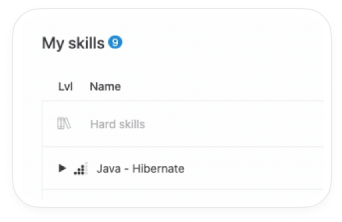










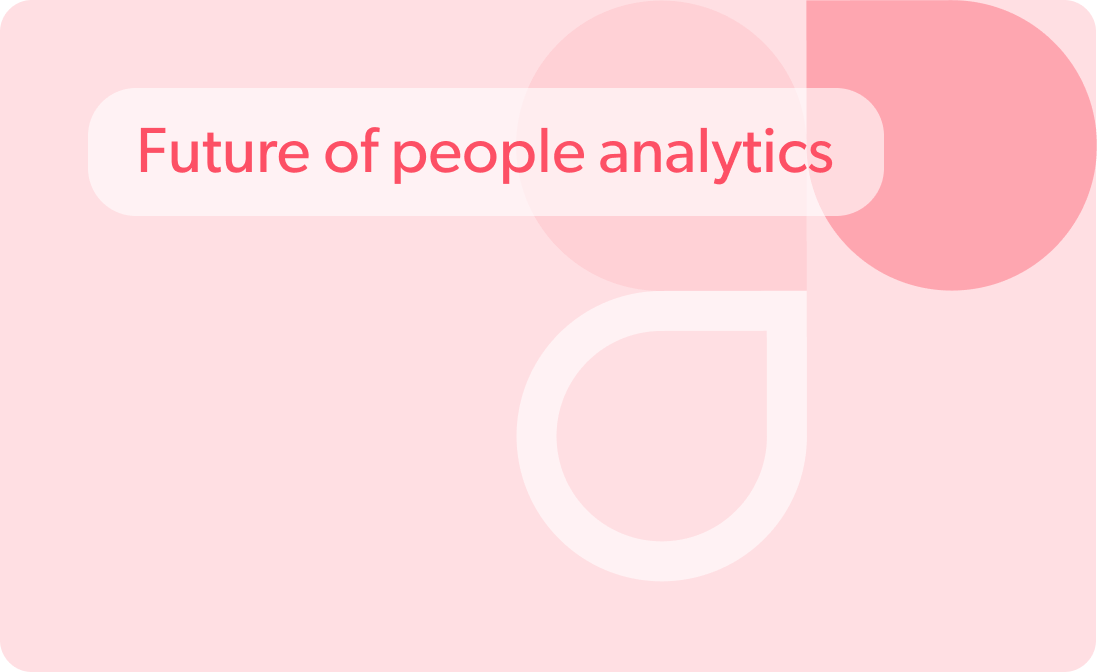
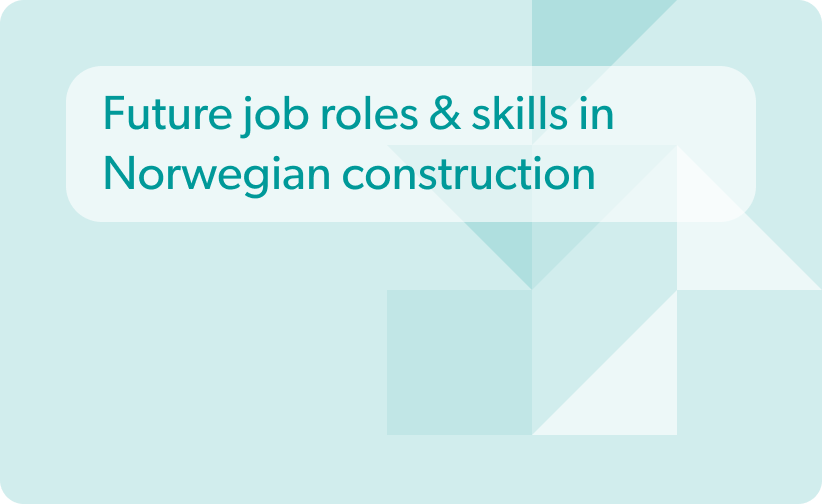
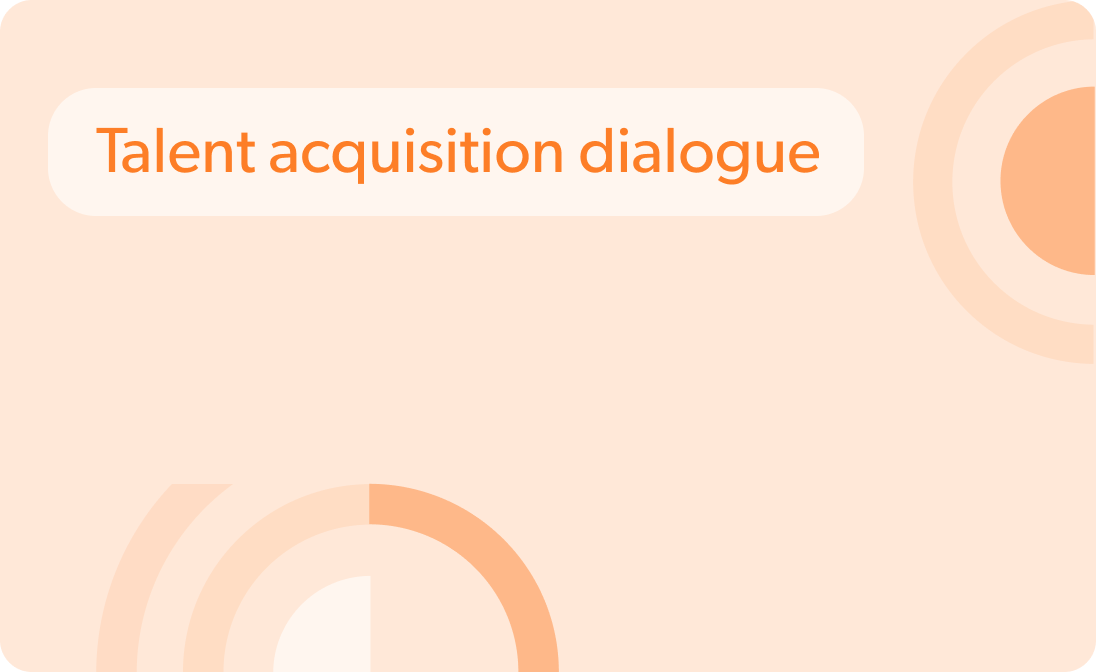







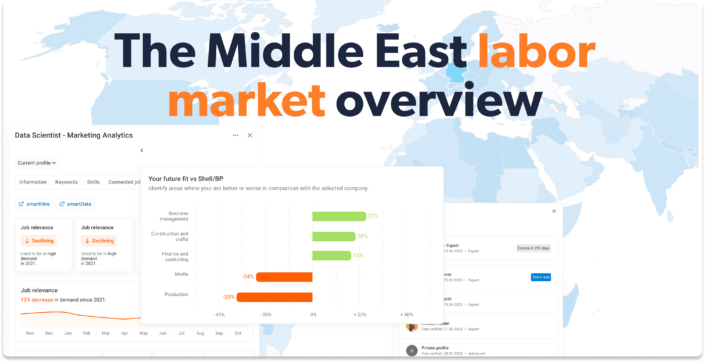


 info@hrforecast.de
info@hrforecast.de
 +49 89 215384810
+49 89 215384810






